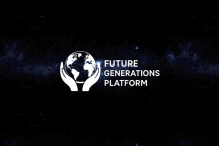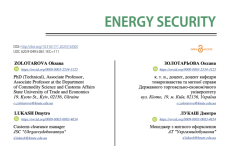As a member of the UN family, UNU-IIGH is uniquely positioned to convene policy dialogues and to serve as a hub and platform for exploring issues related to global health. We bring together experts, academia, policymakers and implementers to translate evidence to policy and build consensus on key global health issues. We believe in the power of convening to generate insight and action beyond what any single actor could achieve alone.
UNU-IIGH’s primary partners are UN agencies and programmes, and member states. UNU also collaborates with CSOs and the private sector. In addition to convenings related to specific institutional projects, IIGH co-convenes with and hosts partners on a range of global health topics. Although relatively topic agnostic, convenings must nonetheless, contribute to achieving the Sustainable Development Goals and address a gap in knowledge, action, or both.
Such convenings are short term by their nature. This is a collation of the information and outputs of those convenings for the 2019 - 2021 biennium.
A member of the UN family, UNU is uniquely positioned to convene policy dialoguesand to serve as a hub and platform. We bring together experts, academia, policy makers and implementers to translate evidence to policy and build consensus on key global health issues. This includes a review of existing evidence, conducting secondary data analyses, and developing appropriate background papers and recommendations to inform discussions.
What is our approach?
We leverage collective intelligence to enable change by incorporating different perspectives and to drive alignment. Leveraging the UNU network, we bring together leaders from multiple sectors to solve tough problems and derive results-oriented solutions. We believe in the power of convening to generate insight and action beyond what any single actor could achieve alone.
Who are our partners?
UNU-IIGH’s primary partners are UN agencies and programmes, and member states. UNU also collaborates with CSOs and the private sector. Areas of focus must contribute to achieving the Sustainable Development Goals and address a gap in knowledge, action, or both.


